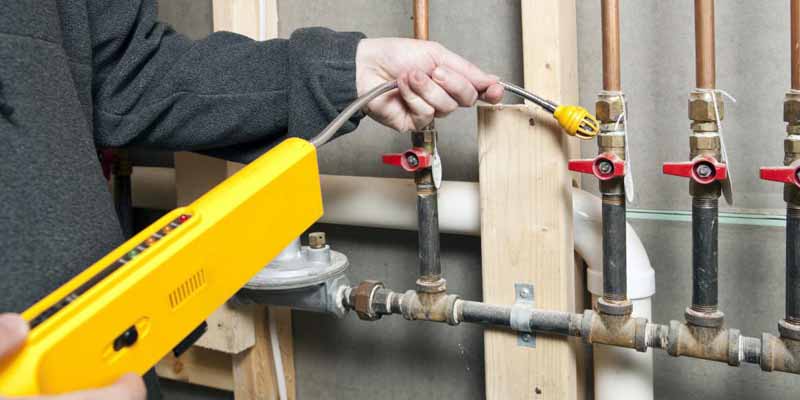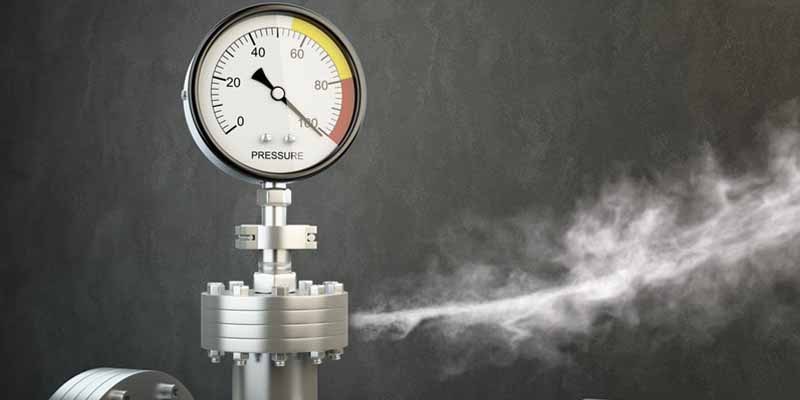How to Find a Gas Leak If you smell gas in your home, it can be hard to tell where the smell is coming from. This can be particularly dangerous if you’re not sure how to locate the leak yourself since it could be in any part of your home and could lead to an explosion at any time. In this guide, we’ll show you how to use gas detection equipment, as well as several common tips that can help point you in the right direction when you have a gas leak that the experts have detected.
What Are Utility Locating Services?

Utility locating services are used by local public utilities, government entities, and private companies to locate buried utility lines before digging begins. These lines include gas, water, electric, and telephone service. Depending on how large your project is, your utility locator may be able to find underground wires through electromagnetic or magnetic detection devices or other ground-penetrating techniques.
When Do I Need Utility Locating Services?
If you suspect you have a gas leak at home, call your gas company or an emergency service right away. You can also hire an independent utility locating service to identify the source of your gas leak. One way that you can determine if you have a gas leak is by smelling for gas. If there’s no odor, it’s probably not leaking. However, because dangerous gases are colorless and odorless, don’t assume that your home isn’t leaking natural gas just because you don’t smell anything.
In addition to getting out of your house immediately, if you smell a strong scent of natural gas – which often smells like rotten eggs – make sure you open all doors and windows and air out any rooms where there might be a gas leak. Once outside your house, make sure no one smokes or turns on lights inside – even flashlights – as these could cause a spark and create an explosion in your house. After airing out your house, you should contact your local gas company or authorities to investigate whether you leak. The last thing you want to do is use your furnace or stove when there’s a chance they could ignite explosive levels of natural gas in your home.
Finding a Licensed Locator
There are several ways to locate someone who has experience in locating natural gas leaks. If you know where one is located, you can contact them directly and inquire about finding a gas leak for your home or business. If you do not know anyone nearby who is already registered, look into businesses that offer utility locating services online. You can also search through local yellow pages or ask friends and family members if they have used professional services in past projects. If needed, hire an unregistered locator who has previously completed training with an accredited school.
Before choosing anyone, make sure they have formal training on how to complete standard tasks like using equipment, observing evidence at the scene of accidents, and performing common tests like flame ionization detectors (FID) gauge readings on pipes; which helps locate damaged pipes by detecting trace amounts of Methane gas buildup inside lines after a recent breakage occurred.
They should also know to read blueprints and schematics to find pipe layout drawings when possible. Additional skills include using cable detection scanners, magnetic particle detectors, and listening devices when appropriate conditions indicate these tools should be applied. In addition, it will help if prospective candidates have a working knowledge of operating vehicles such as jeeps or vans that will serve as their mobile offices when investigating gas line leaks from nearby homes or businesses under construction zones.
Tips on Working With Your Locator
If you think you’ve found a gas leak, call your local utility company. The company will usually dispatch a professional locator to confirm or deny your claim. If it turns out you were right, they’ll try and find where exactly your gas is leaking. From there, they can repair it without creating too much inconvenience for you.
However, keep in mind that these guys are still human—not machines—so make sure to be as specific as possible about what you think might be happening before calling them. Also important: Let them know if other people living with you may be at risk for carbon monoxide poisoning. That could include young children or pets wandering into an unsealed pipe or other dangerous situation if left unattended by an adult. One should never attempt to fix a gas leak on their own; leave that job to professionals!



